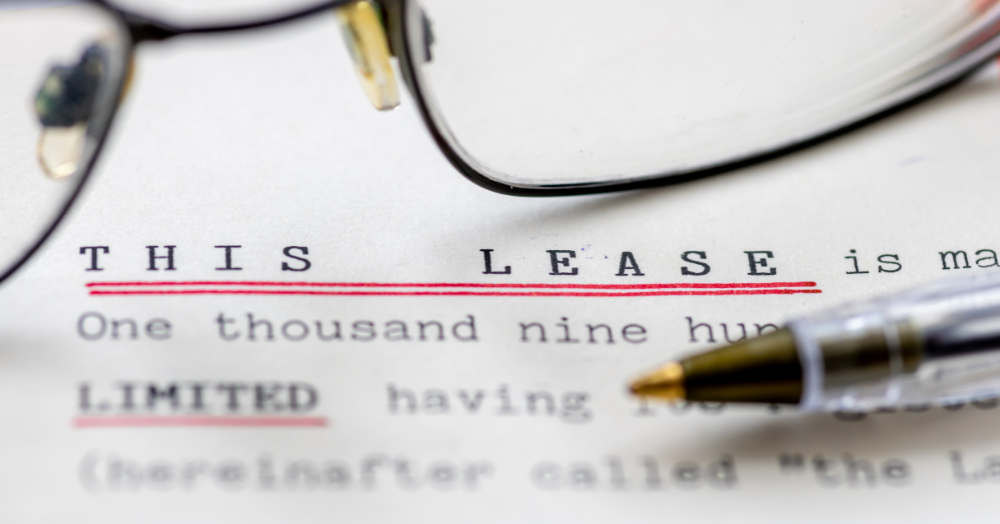
Understanding Property Ownership: Freehold vs Leasehold
When embarking on the journey to purchase a property, one of the first concepts you'll encounter is the difference between freehold and leasehold. Both terms represent distinct forms of ownership, each with its implications for property buyers. Whether you're looking in Gravesend or beyond, understanding these differences is crucial when buying.
Freehold: Complete Control of Your Property
Owning a property freehold is often seen as the most straightforward form of property ownership. When you buy a freehold, you own both the building and the land it stands on outright, and your ownership is perpetual. This type of ownership affords you the most control over your property, with relatively few restrictions on what you can do with it.
Advantages of Freehold:
- Permanence: You own the property indefinitely.
- No Ground Rent: There are no ground rent fees to pay.
- Fewer Restrictions: You have more freedom to modify or extend the property (subject to planning permission).
- No Service Charges: Unlike leasehold, there are typically no service charges, although you are responsible for all maintenance.
Considerations:
- Maintenance Responsibility: You are solely responsible for all aspects of maintenance and repairs.
- Upfront Costs: Freehold properties can be more expensive initially due to the complete ownership offered.
Leasehold: Ownership with a Time Limit
Leasehold ownership means you own the property (usually a flat or apartment) and perhaps a share of the building it's in, but not the land it stands on. Your ownership is for a fixed term, defined by the lease, which can range from decades to hundreds of years. When the lease expires, ownership reverts to the freeholder unless you extend the lease.
Advantages of Leasehold:
- Lower Initial Cost: Leasehold properties can be less expensive than freeholds upfront.
- Common Areas Maintenance: The freeholder is often responsible for maintaining common areas and the building's structure.
- Community Management: Some leasehold properties come with services and community management, enhancing living conditions.
Considerations:
- Ground Rent and Service Charges: You may have to pay ground rent to the freeholder and contribute to service charges for property maintenance.
- Lease Length: The length of the lease can affect the property's value and your ability to secure a mortgage.
- Restrictions: There may be restrictions on what you can do with the property, including pets, renting out, and alterations.
Leasehold to Freehold: A Possibility?
In some cases, leaseholders have the right to collectively purchase the freehold of their building (a process known as collective enfranchisement) or to extend their lease, potentially adding value to their property and removing some of the leasehold disadvantages.
Conclusion
Whether you're considering a quaint cottage in Gravesend or a stylish flat in the heart of London, understanding the distinction between freehold and leasehold is essential. Each has its advantages and considerations, and your choice will depend on your personal circumstances, financial situation, and long-term plans. Always consult with a property professional to guide you through the complexities of property ownership.